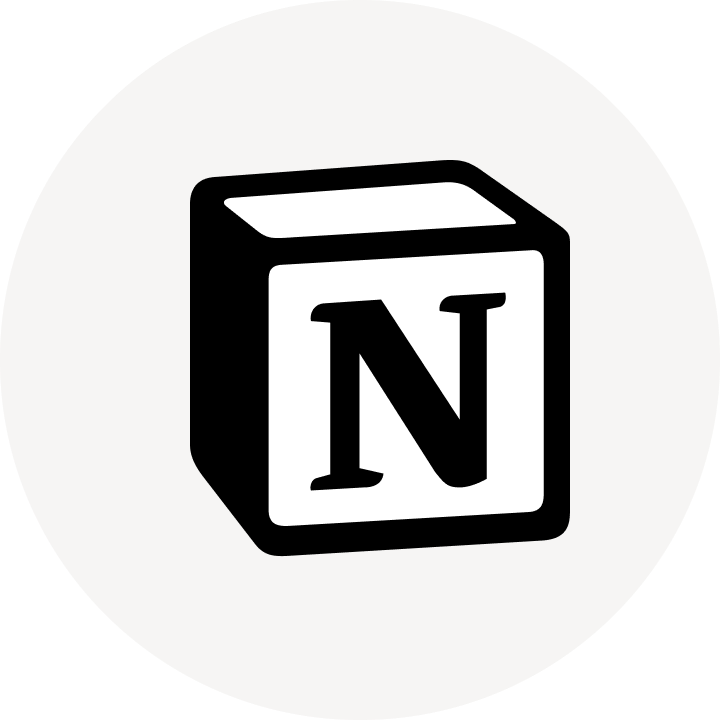Gathering user feedback is essential for understanding customer satisfaction, improving products and services, and making informed decisions. A User Feedback Form provides a structured way to collect valuable insights from users, which can lead to better user experiences and business growth. A User Feedback Form template in Notion can streamline the process, ensuring consistency and saving time by providing a ready-to-use format.
Before you dive into creating your own User Feedback Form, take a look at these Notion templates to simplify the process and get you started on the right foot.
What Should User Feedback Form Templates Include?
Choosing the right User Feedback Form template in Notion can streamline the process of gathering valuable insights from users. Here are key components to look for in a template:
Clear Questions: The template should include questions that are straightforward and easy to understand, avoiding any ambiguity that might confuse users.
Logical Flow: The questions should be arranged in a logical order, making it easy for users to follow and respond effectively.
Rating Scales: Incorporating rating scales helps quantify feedback, making it easier to analyze and act on.
Open-Ended Sections: Spaces for open-ended responses encourage users to provide more detailed feedback, offering deeper insights into their experiences.
With these components, a User Feedback Form template in Notion can become a powerful tool for improving products and services based on user input.
What Should User Feedback Form Templates Avoid?
Choosing the right User Feedback Form template in Notion is essential for gathering valuable insights effectively. However, certain elements can hinder the quality of feedback you receive. Here are three key components to avoid:
Overly Complex Questions: Avoid templates with questions that are too detailed or technical. These can confuse respondents and discourage them from completing the form.
Excessive Mandatory Fields: Requiring too many fields to be filled can lead to form abandonment. Opt for templates that balance between essential information and brevity.
Lack of Anonymity Options: Templates that do not allow users to submit feedback anonymously may result in biased or dishonest responses. Ensure there's an option for users to remain anonymous if they choose.
Selecting a template that avoids these pitfalls will help ensure that the feedback collected is both rich in quality and quantity, aiding in better decision-making and improvements.









